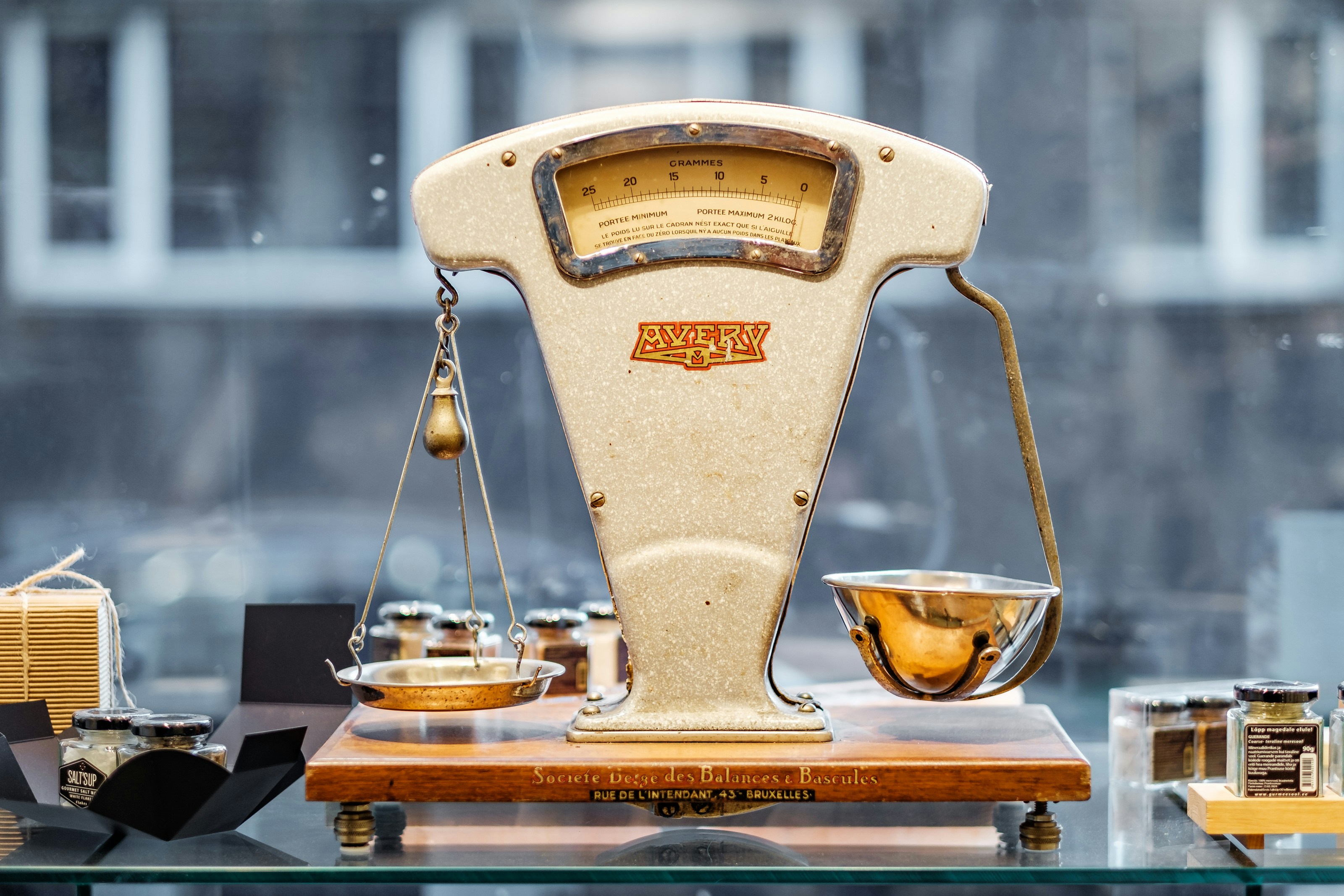Every brand starts with a story, a unique identity that sets it apart in the marketplace. In the U.S., where competition is fierce, safeguarding this identity becomes paramount. The solution? Registering your trademark with the United States Patent and Trademark Office (USPTO). This legal move isn’t just about putting a protective layer around your logo or brand name; it’s about securing a competitive advantage in several strategic ways. Below, we explore the multifaceted benefits of holding a registered trademark in the U.S.
1. Deterrence of Potential Infringers:
One of the initial advantages of having a registered trademark is the deterrence factor. The visibility of your mark in the USPTO’s online database acts as a first line of defense, discouraging others from adopting similar marks by showcasing your legal claim. This visibility, often reinforced by the presence in search engine results, underpins the authority of cease-and-desist letters, making them more impactful and often resolving potential conflicts before they escalate.
2. Shield Against Similar Registrations:
Your registered trademark serves as an automatic barrier for new, confusingly similar trademarks. The USPTO actively upholds the uniqueness of registered trademarks, denying new applications that could cause marketplace confusion. This process, inherently saving you time and enforcement efforts, protects the individuality of your brand identity.
3. Empowerment in Legal Proceedings:
Should infringement occur, a registered trademark is your ticket to unequivocal legal standing in federal court. This not only simplifies the litigation process but potentially unlocks statutory damages, covering losses and legal fees. In a landscape where intellectual property battles can be draining, your registration is the weapon that balances power in your favor.
4. Establishment of National Recognition:
In a "first-to-use" system, establishing your brand across state lines is crucial. U.S. trademark registration signifies national use and recognition, essentially planting your brand’s flag across the country. This amplifies your market presence and wards off regional challengers, solidifying your space in the national market landscape.
5. Nationwide Notice of Ownership:
Registration is akin to sounding a gong in the realm of trademarks, providing undeniable nationwide notice of your ownership. This dispels any "ignorance" defense by third parties, reinforcing your authority and preemptively quelling opposition.
6. Certification of Exclusive Ownership:
Beyond being a mere registration, your trademark is incontrovertible proof of ownership, an assertion of your exclusive rights that is recognized in any legal or administrative setting. With continuous use, your trademark can achieve "incontestable" status, further fortifying your brand’s legal stronghold.
7. Enhanced Brand Perception:
Displaying the ® symbol isn’t just a matter of formality; it’s a communication strategy. It signals professionalism, legitimacy, and trustworthiness to consumers, elevating your brand’s status. This perceived credibility can be instrumental in shaping consumer preferences and driving loyalty.
8. Asset Appreciation:
Trademarks can transcend their functional role, evolving into valuable assets. As your business expands, the equity accumulated in your trademark can represent a significant portion of your business value, appealing to investors or buyers and potentially influencing your strategic decisions.
9. Directing the Traffic:
In a cluttered marketplace, a trademark is a lighthouse guiding customers to your brand. It’s an identification tool that helps maintain your audience, driving recognition, and repeat business. Your registered mark cuts through the noise, ensuring clients find you amidst the chaos.
10. Streamlining International Protection:
With a U.S. trademark in hand, the path to international registration is less convoluted. Utilizing mechanisms like the Madrid Protocol, your U.S. registration can serve as a springboard, simplifying filings, and providing potential priority status in member countries. This is vital for brands with global aspirations, ensuring your mark is safeguarded beyond borders.
In conclusion, U.S. trademark registration isn’t a bureaucratic formality; it’s a strategic brand amplification and protection move. From legal leverage to brand enhancement, the advantages form a shield and a catalyst for growth. In the modern marketplace, trademarks are not just identity markers; they are business assets, defensive tools, and growth facilitators. Whether you are a local entity or have international ambitions, understanding and utilizing the power of trademark registration is pivotal for robust brand health and longevity. Markavo® can help you register your trademark. Have experienced trademark attorneys search, draft, file and monitor your company's most important asset - your brand name.




.webp)
.webp)
.webp)
.webp)





